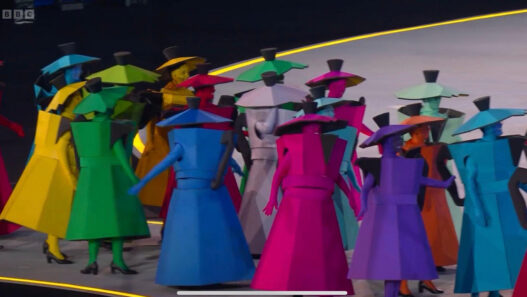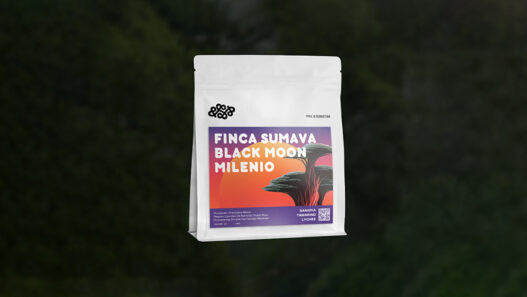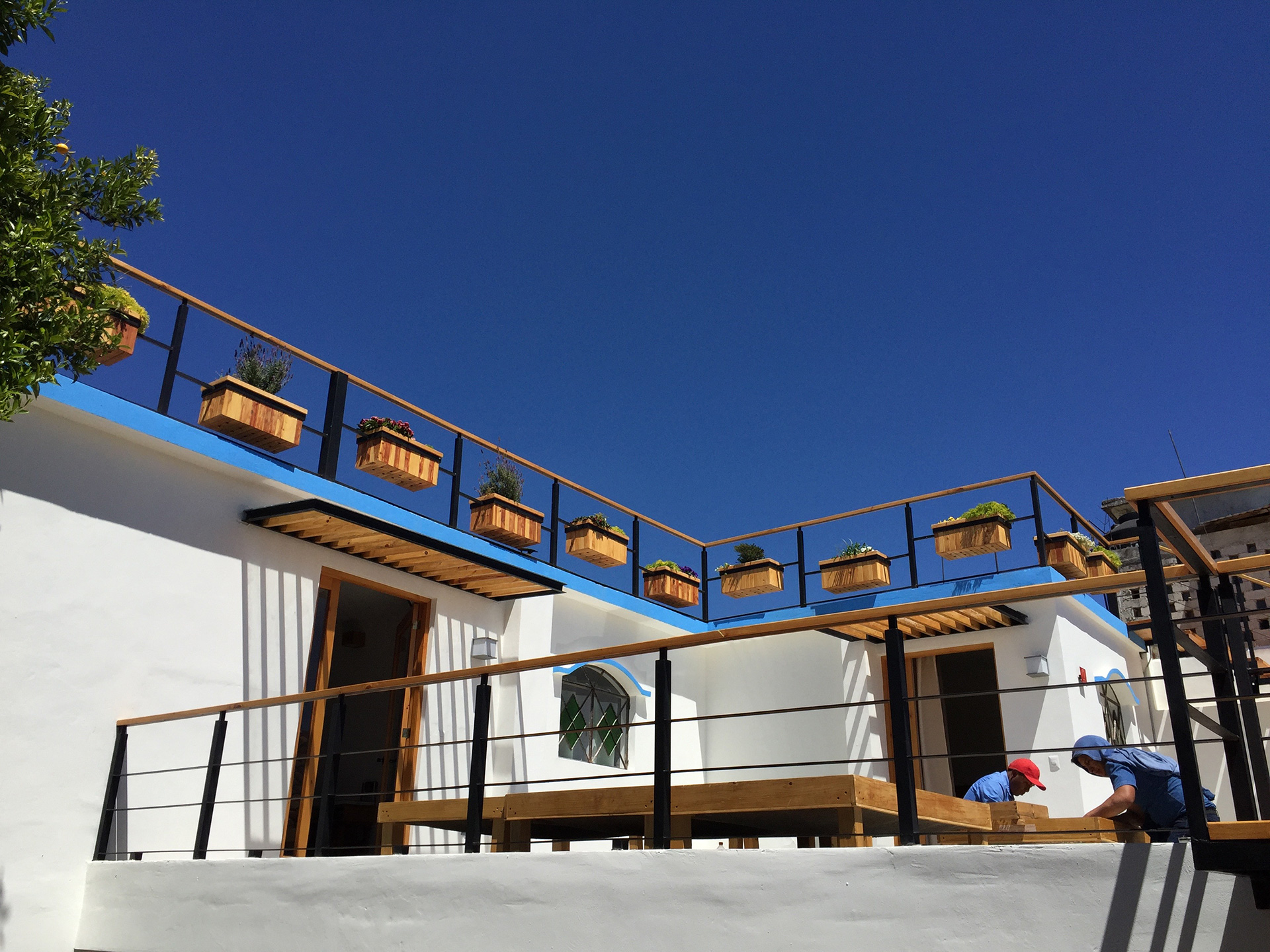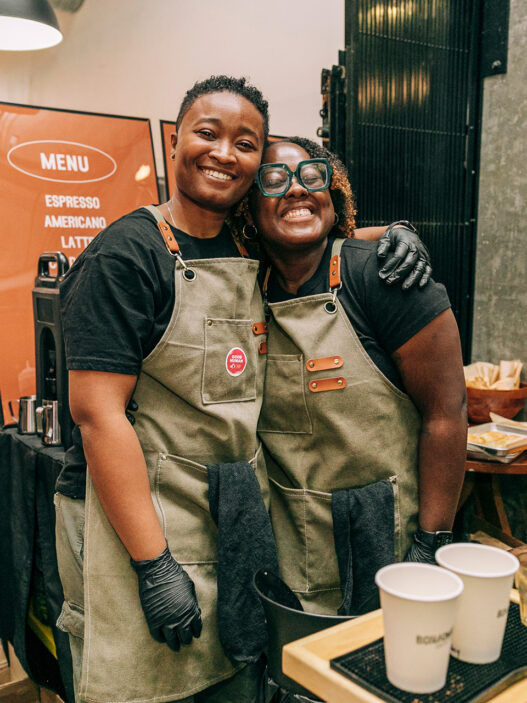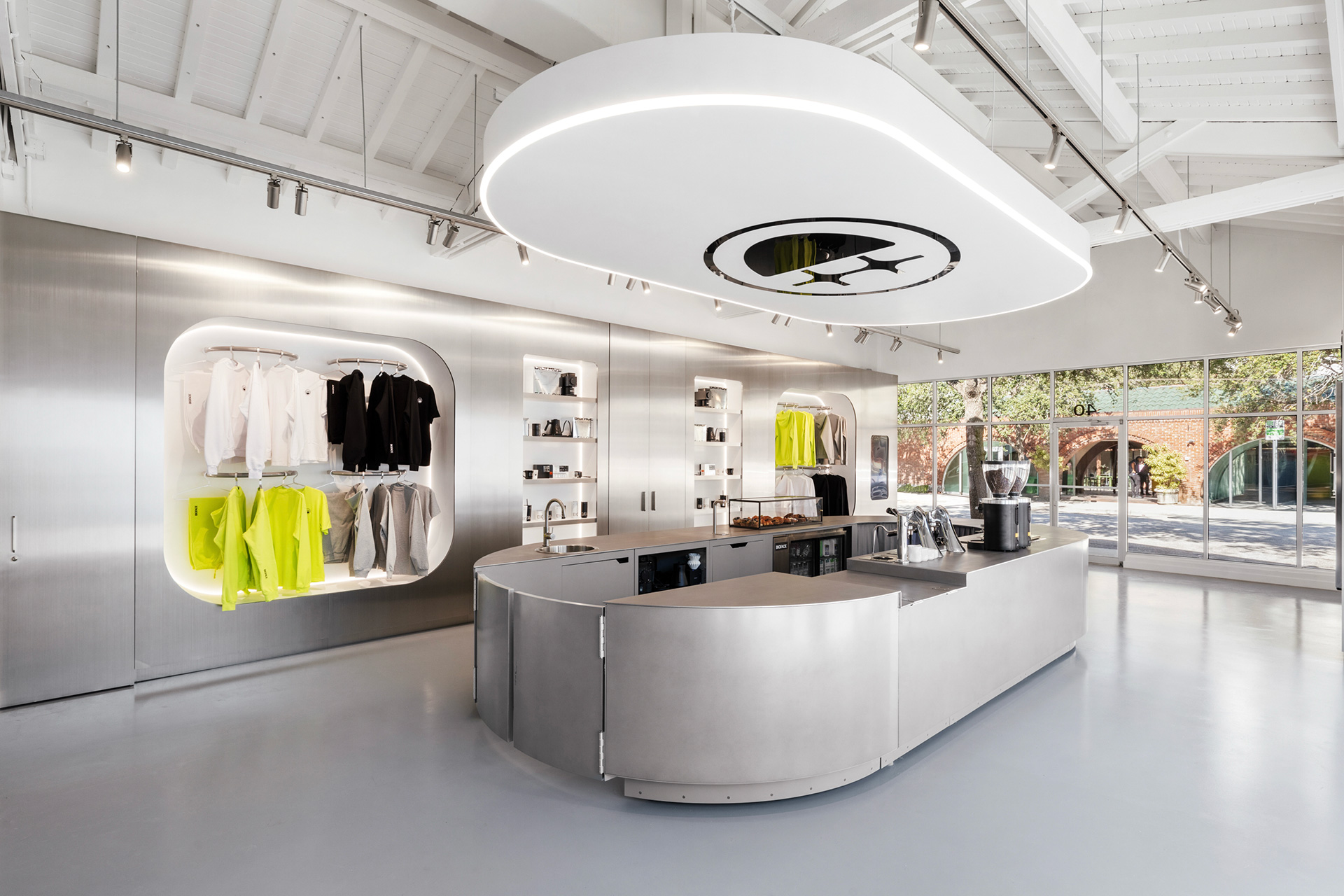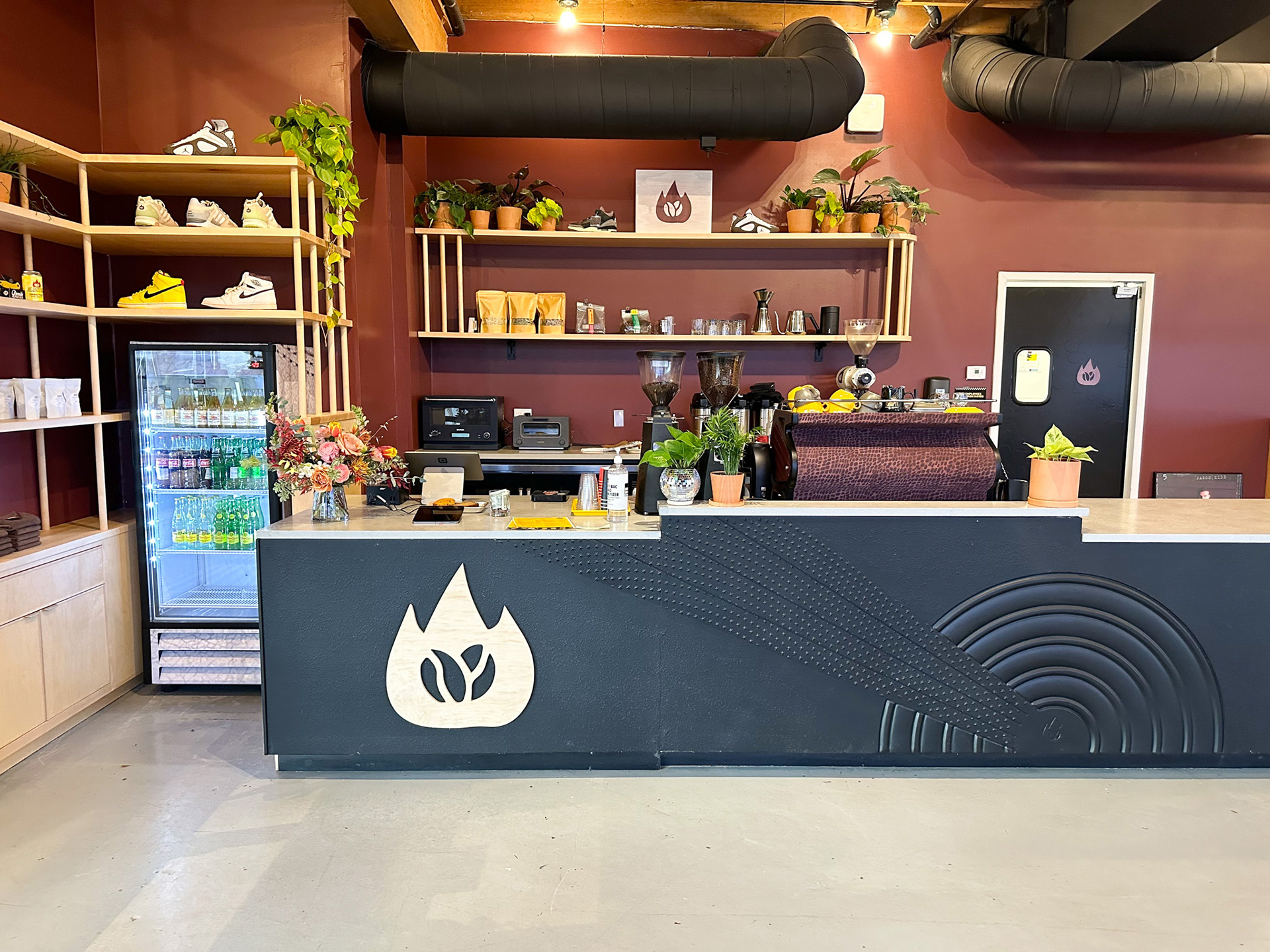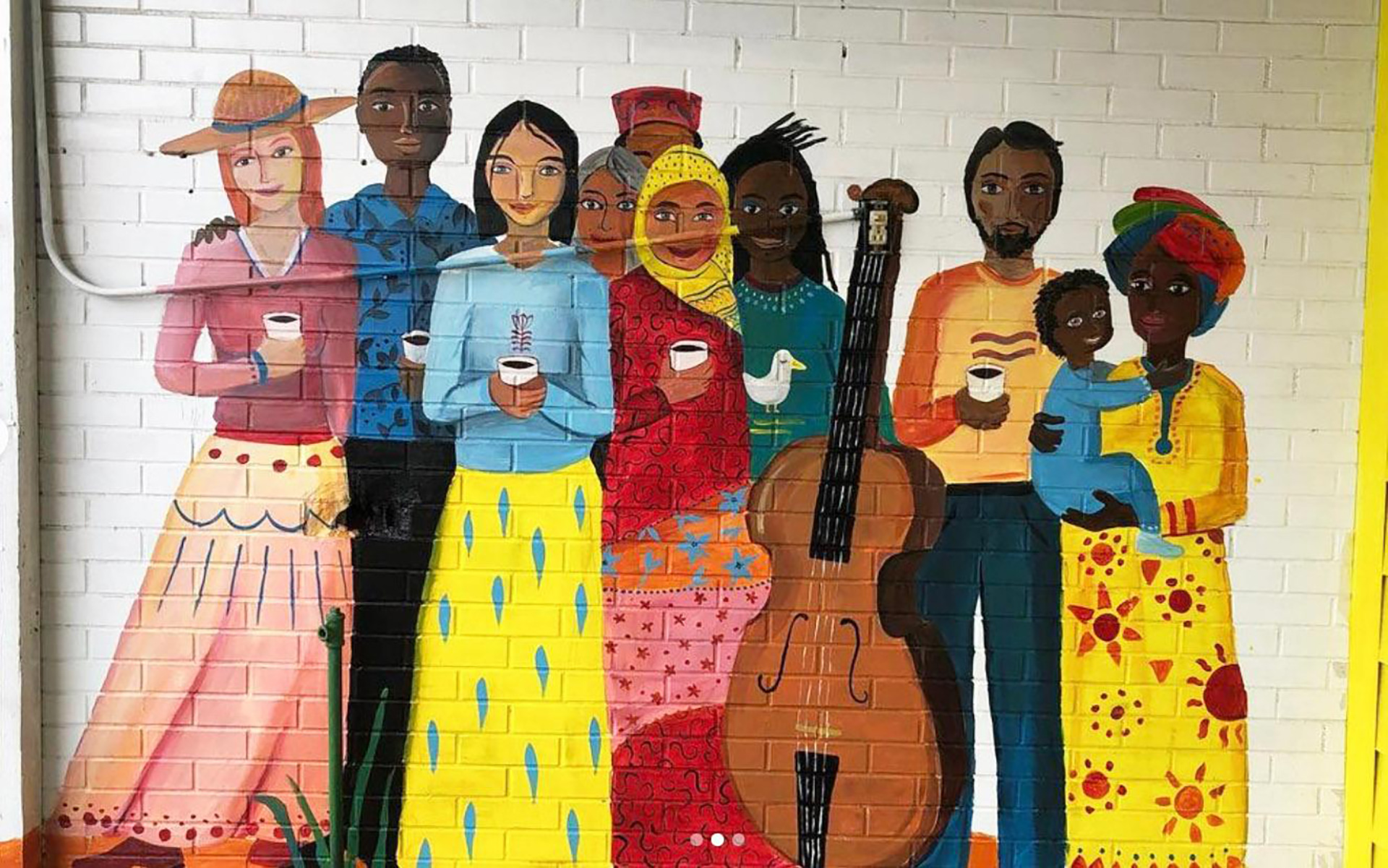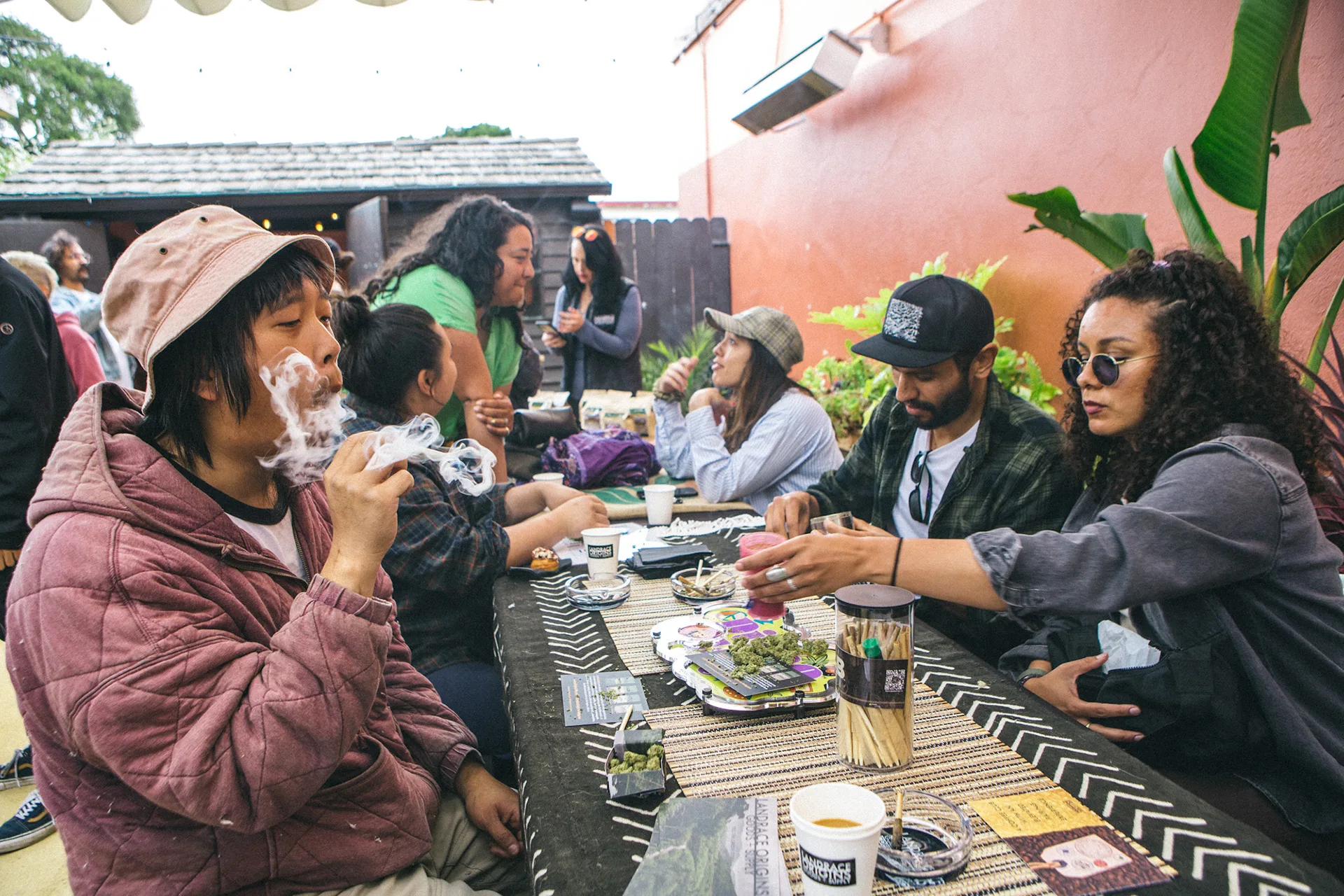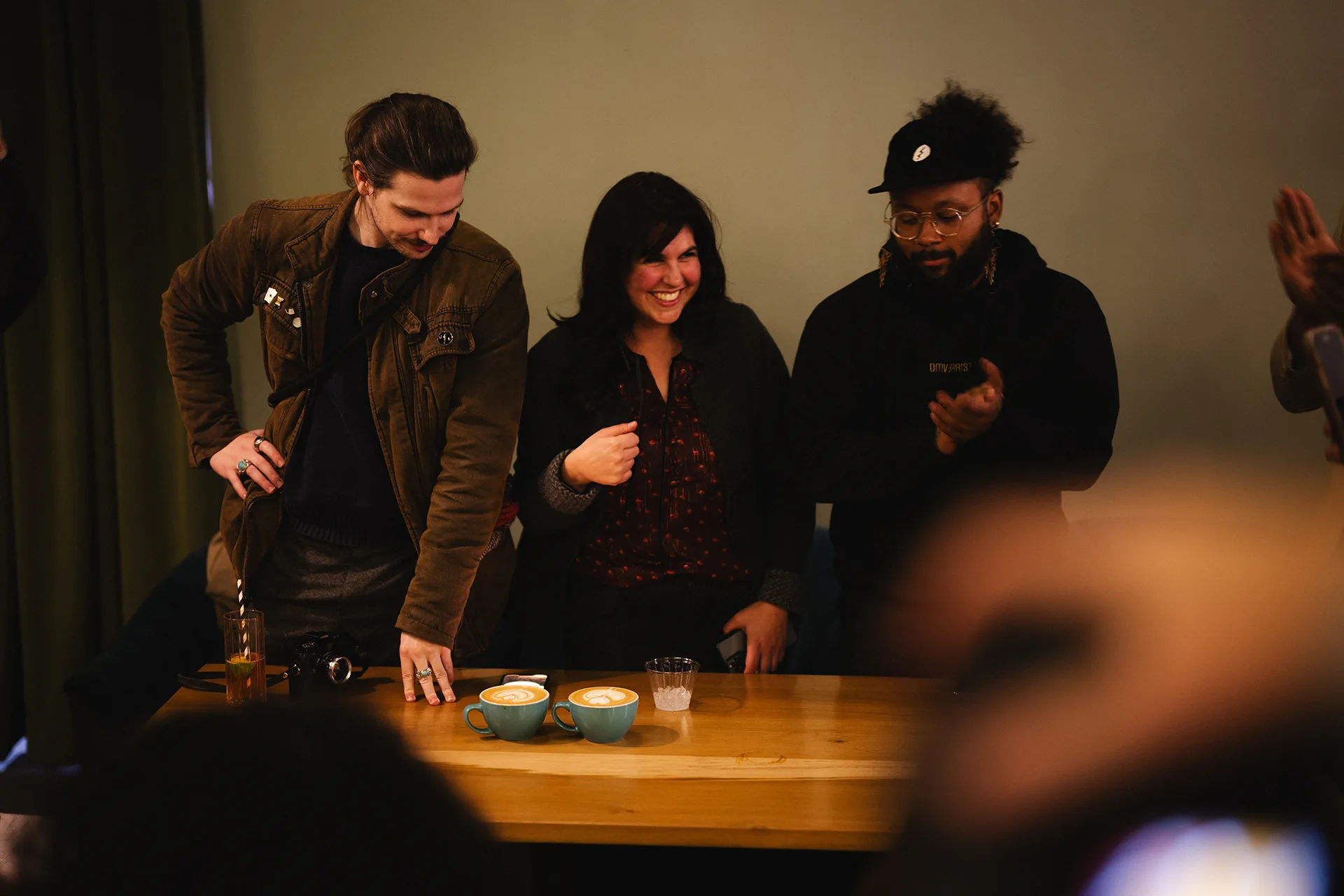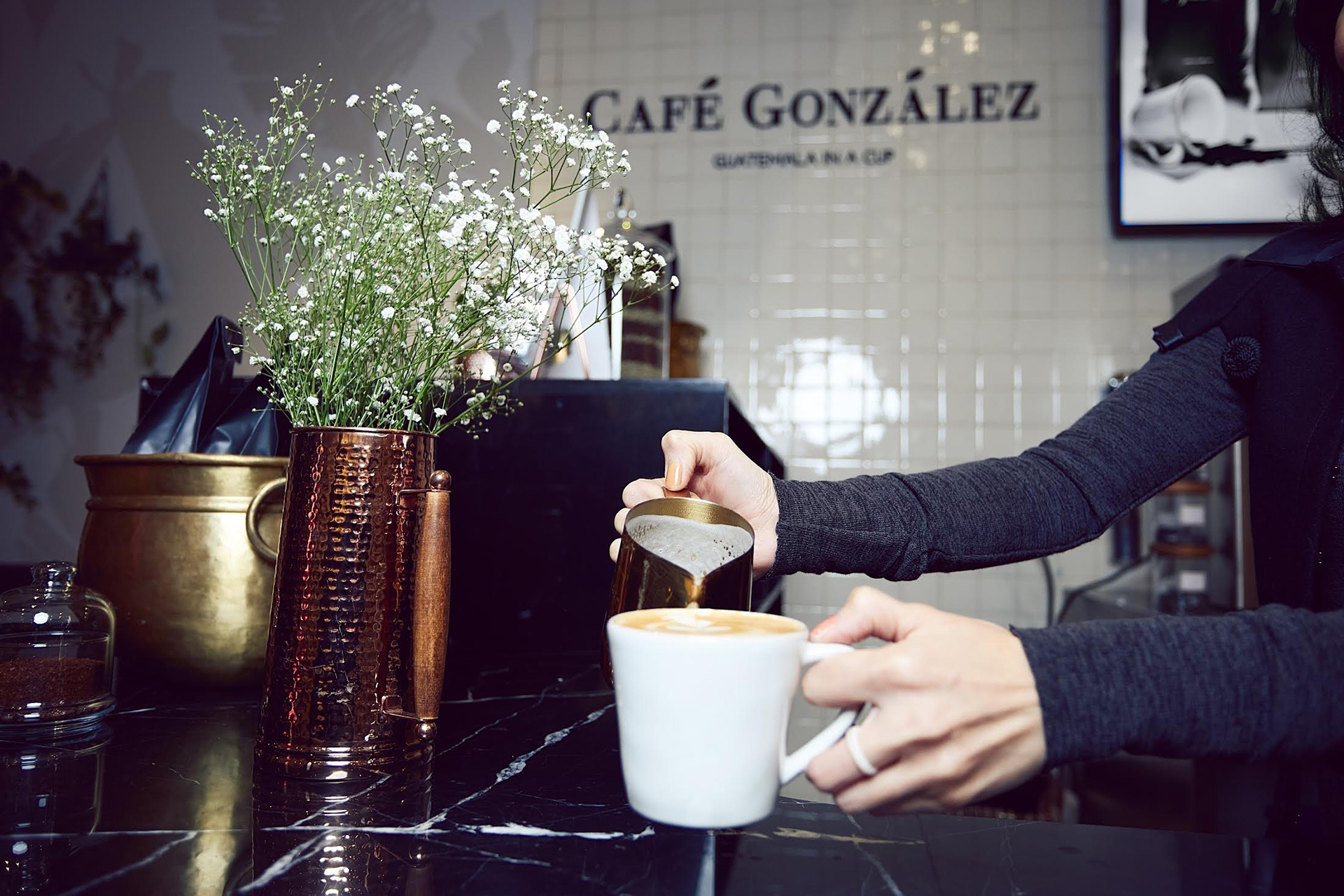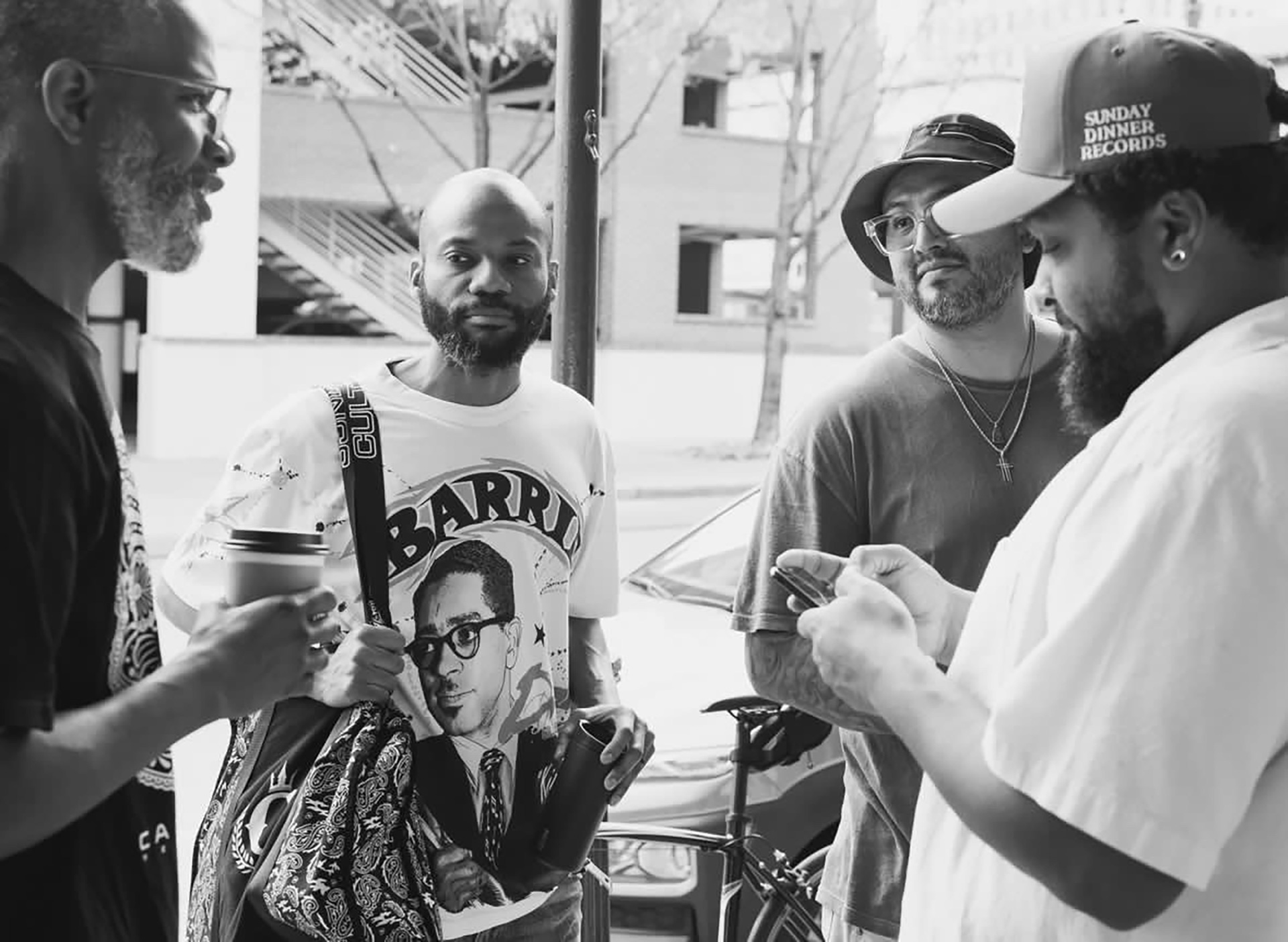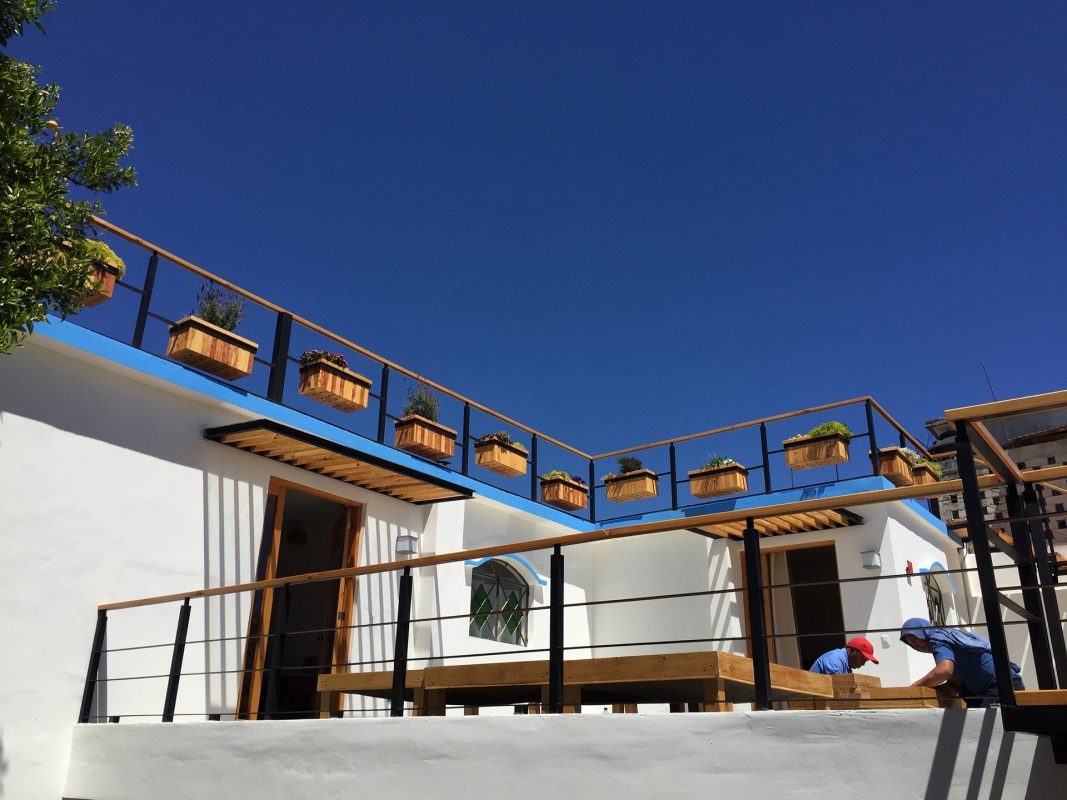
Less than an hour’s drive from San Cristobal de Las Casas, near Mexico’s southern border with Guatemala, is Los Altos de Chiapas. San Cristobal, a small, romantic town, is beloved by tourists to the greater Chiapas region for its food as much as the colors of its buildings, but Jesus Salazar loves it for a different reason.
Salazar, who runs coffee hotel Casa Cafeòlogo, is here for the weather, altitude, and soil.
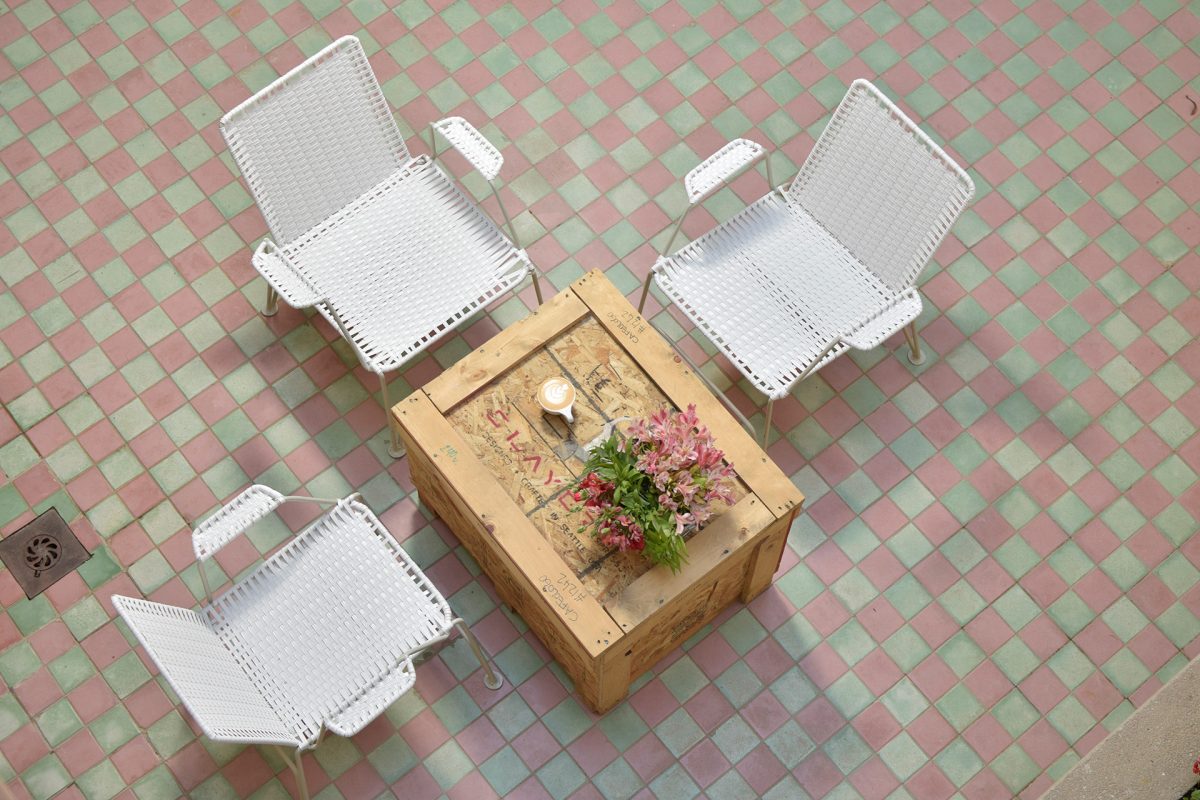
Los Altos de Chiapas began producing coffee only 70 years ago, which, relatively speaking, makes the growing region relatively young. Consequentially, the producers here are open to experimentation, and Salazar works with 16 different producers to this end to improve their quality. He teaches picking techniques, processing methods, roasting, and cupping. Some of his projects include cherry picking instruction, process experimentation, roasting, and cupping. In San Cristobal, Salazar owns and operates a roastery and cafe called Carajillo, where he employs the sons and daughters of some of the producers he works with—when they return to their parents’ farms, they’ll be better informed about the extension of the coffee chain, and able to inform larger decisions about production.

As of 2010, Mexico was the world’s largest producer of certified organic coffee by volume in the world, and that doesn’t factor in the large amount of coffee grown by producers who lack certification due to its cost, but adhere to organic production practices nonetheless. All the producers Salazar works with grow organic coffee.
Pedro Vázquez is one such producer, with his whole family involved in the farm. Two of his daughters work with Salazar at Carajillo, one as a roaster and cupper in-training and the other as a barista. His wife oversees the Vázquez farm’s harvest, while their other three daughters live on the farm.
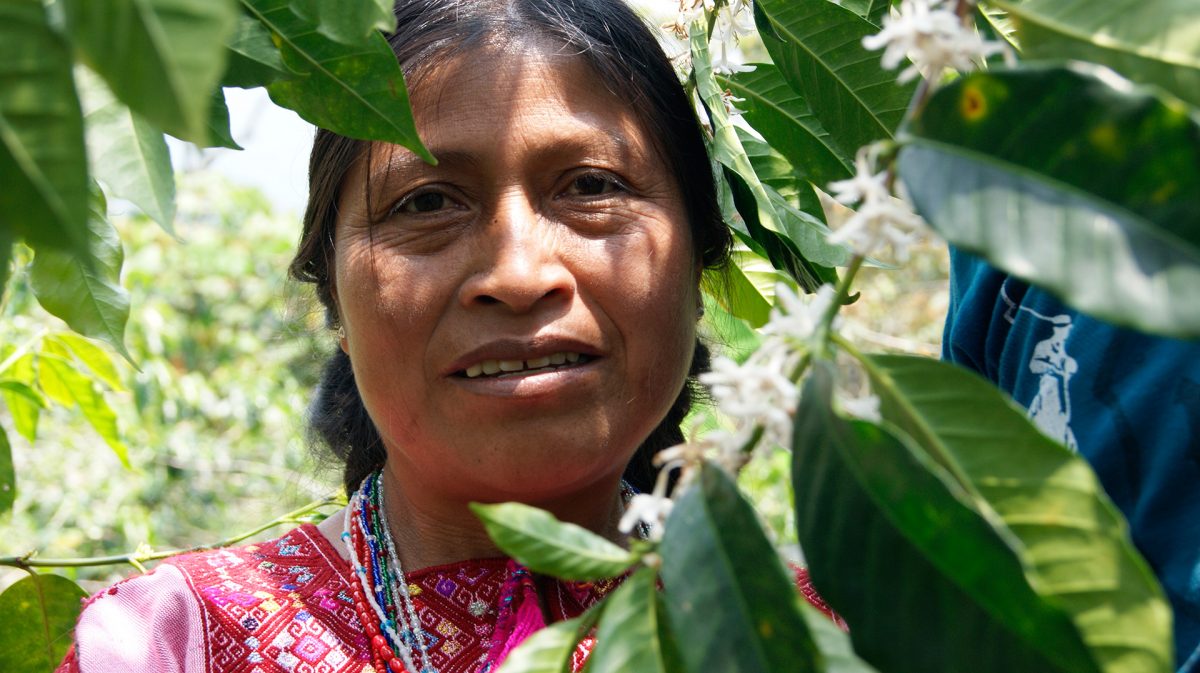
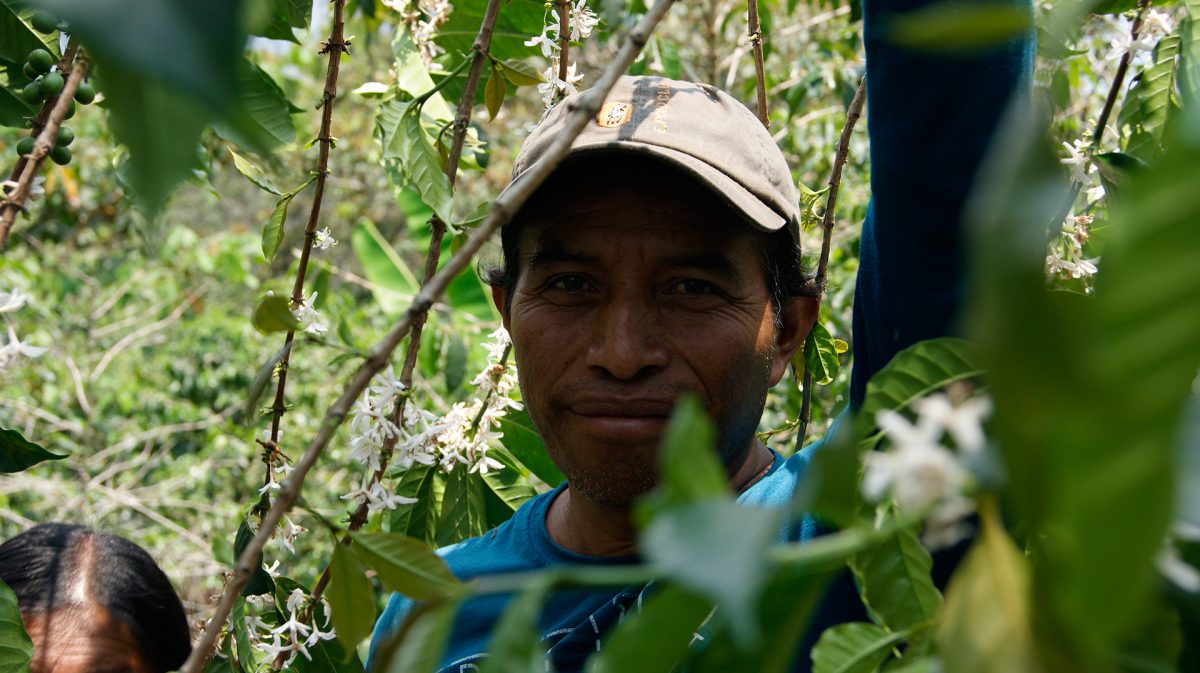
The Vázquez farm used to grow sugar cane, but 30 years ago was converted to coffee production. The Vázquez family now grows Bourbon and Typica varieties, and has survived an outbreak of Coffee Leaf Rust, when two-thirds of their crop was destroyed. The Vázquez family hopes to produce Pacamara and Marago coffees in the future, and are now laying the groundwork for increased production quality by taking care of their soil and planting shade trees.
Pedro Vázquez is sometimes more a philosopher than a farmer—he believes producing organic coffees is better not only for the soil but also for the soul. He says every time someone drinks a sip of his family’s coffee, he is sharing a drop of life with them, because well-harvested coffee is life.
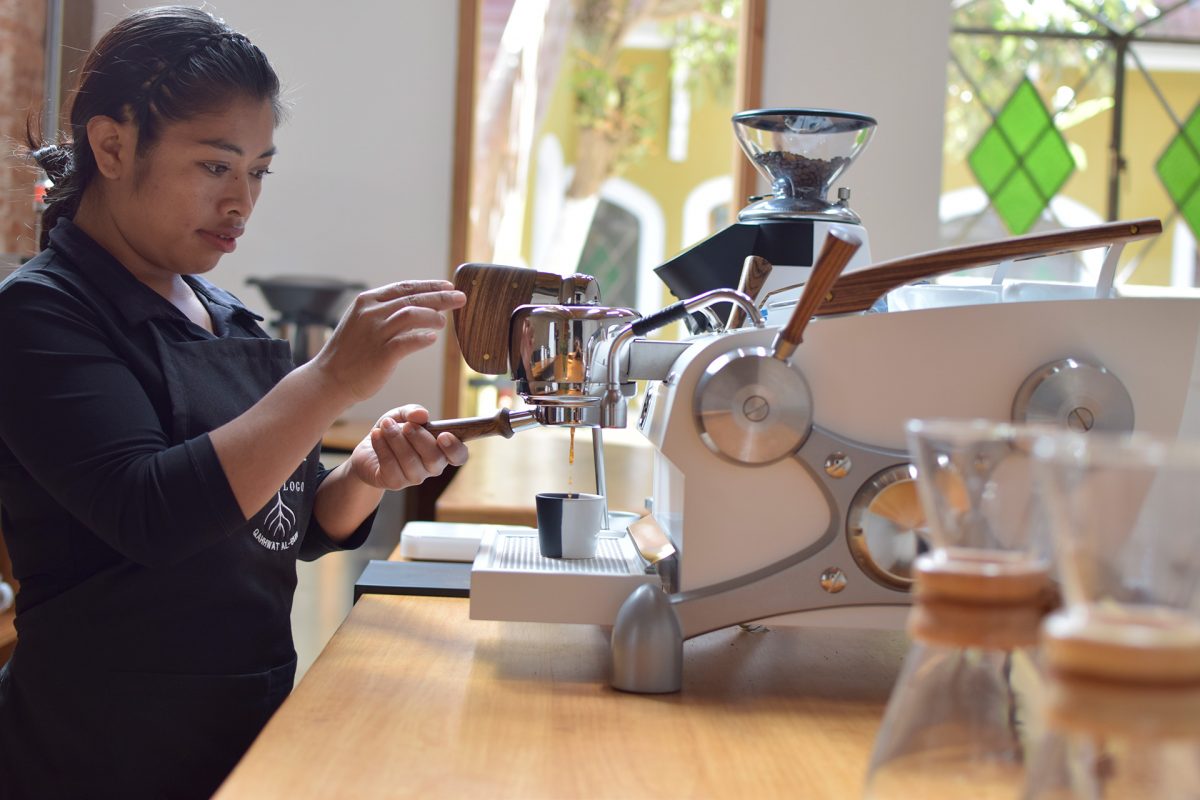
The use of chemicals, Vázquez thinks, will destroy his soil, which he simply won’t tolerate—he hopes one day to leave the farm to his family. Although the farms Salazar works with are too small to compete in the Cup of Excellence competition, a coffee from Chiapas’s Finca Los Azahares won fourth place in Mexico’s competition, winning a presidential award, and so the quality of the region is not without recognition.
To promote the development in Los Altos de Chiapas, Salazar opened Cafeòlogo in the city center of San Cristóbal explicitly for the purpose of hosting green coffee buyers. Each bedroom is kitted out with a Kalita set and specialty coffee, and guests have access to a cupping and roasting lab, a barista training center, and a beautiful cafe, which itself features a one-group Slayer and the coffees of producers Salazar is partnered with.
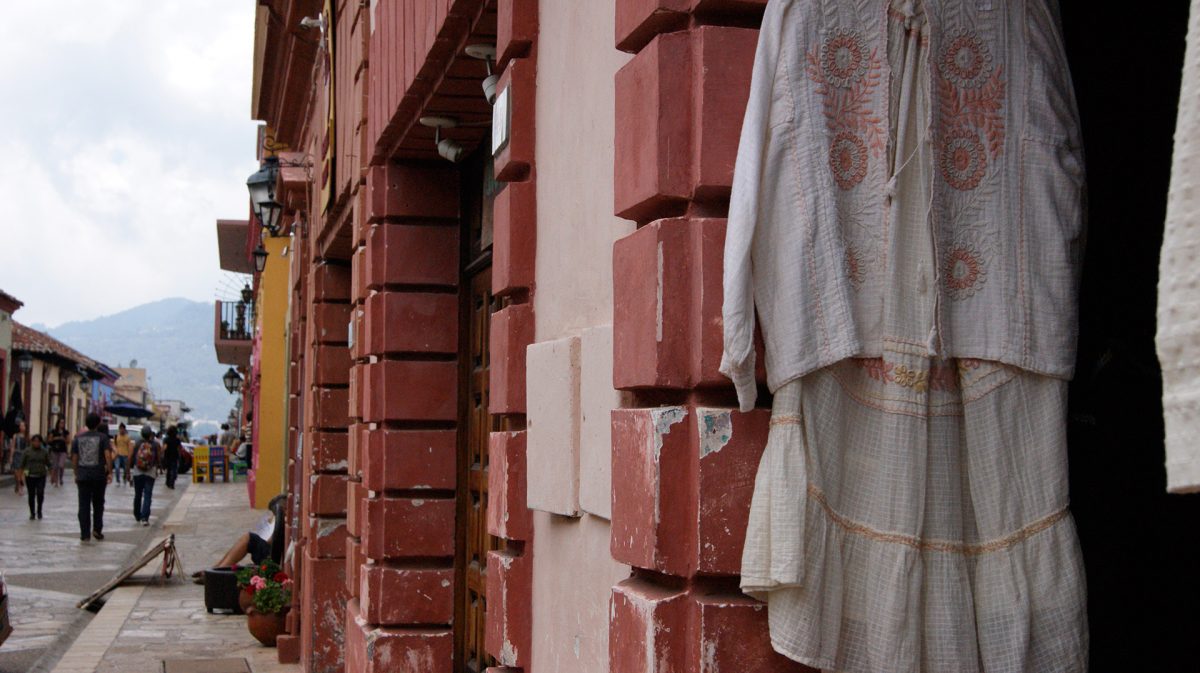
Thanks in part to Salazar and the producers he represents, Chiapas may be coming into its golden years as a production region. If his hotel is good enough for Tim Wendelboe, who stayed there while visiting Chiapas on behalf of Noma Mexico, it’s good enough for the coffee lover in all of us—and is all the more reason to schedule a visit.
Ximena Rubio is a coffee professional based in Mexico City. Read more Ximena Rubio on Sprudge.




